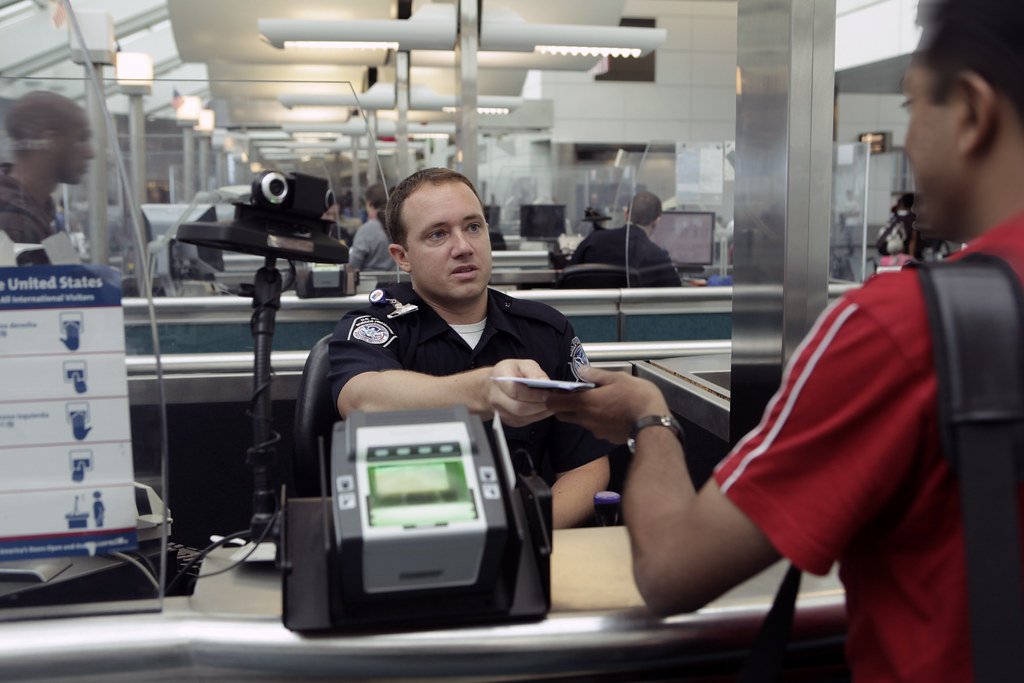Already a subscriber? Make sure to log into your account before viewing this content. You can access your account by hitting the “login” button on the top right corner. Still unable to see the content after signing in? Make sure your card on file is up-to-date.
The Trump administration is moving to impose fixed time limits on visas for foreign students, cultural exchange visitors, and journalists.
Some shit you should know before you read: Under the current system, most foreign students enter the US on F and J visas that allow them to remain for the “duration of status” (a flexible timeframe tied to the length of their academic or exchange programs). This policy, in place since 1978, permits individuals to stay as long as they maintain compliance with their program requirements, often spanning years without the need for visa renewals. Similarly, foreign journalists on I visas are admitted for the length of their professional assignments.

What’s going on now: The Trump administration’s proposed rule would eliminate this open-ended structure and replace it with strict maximum time limits: four years for F and J visa holders, and 240 days for I visa holders, with the possibility of renewal. Chinese journalists would face an even shorter limit of just 90 days. The administration argues that these changes are necessary to curb what it describes as widespread “visa abuse” and to enhance national security.
A spokesperson for the Department of Homeland Security (DHS) claimed that previous administrations allowed visa holders to remain in the country virtually indefinitely, posing safety risks and financial burdens on taxpayers. DHS says that some foreign students have exploited the flexibility of the current system to become “forever students,” using prolonged academic enrollment as a means to stay in the US without sufficient government oversight.
If implemented, the shift would have implications for a large population. In 2024 alone, over 1.5 million international students held F visas in the US, while around 350,000 people entered on cultural exchange (J) visas, and 13,000 journalists entered on I visas.
Two different views: Supporters of the change argue that shifting to fixed visa terms will prevent exploitation of the current system, in which some foreign nationals can remain in the country for years with limited scrutiny. They believe the move will help safeguard national security, ensure more consistent immigration enforcement, and reduce the administrative burden on federal agencies by creating regular checkpoints to review visa holders’ status.
Critics, however, warn that the policy could have far-reaching negative consequences for US higher education, press freedom, and international cooperation. Education groups, including the Presidents’ Alliance on Higher Education and Immigration, argue that imposing fixed limits disrupts academic planning, deters top global talent, and sends a hostile message to prospective students and scholars.







